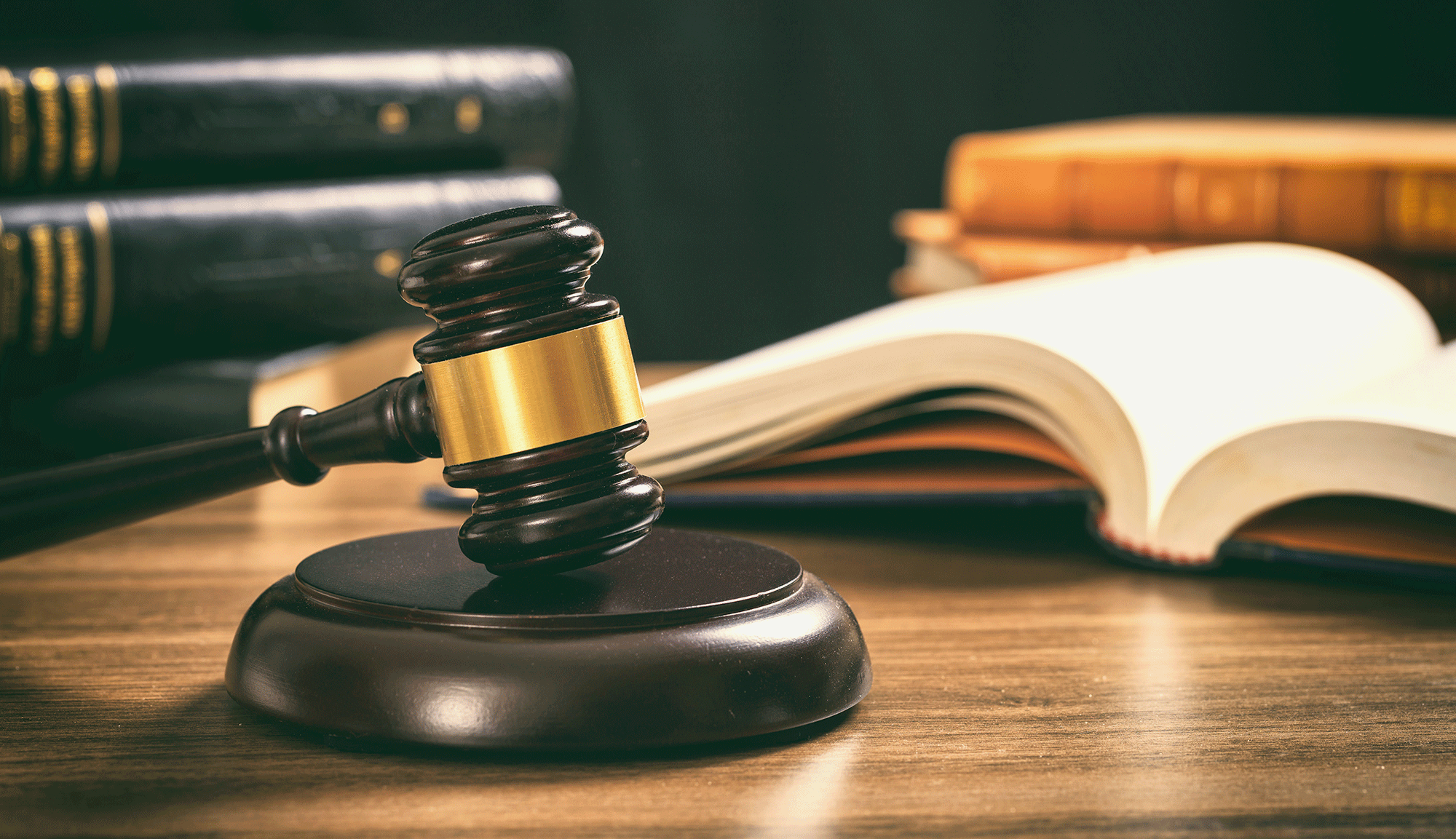
Private law, also known as civil law, forms the cornerstone of legal systems around the world, governing relationships between individuals and private //bitcointipsblog.com/ entities. It encompasses a broad range of legal principles and regulations designed to protect individual rights, resolve disputes, and provide a framework for contractual agreements. In this article, we delve into the significance and applications of private law, shedding light on its role in shaping the interactions between private parties.
Table of Contents
Defining Private Law:
Private law is the branch of law that deals with the relationships between private individuals and entities. It contrasts with public law, which focuses on the relationships between individuals and the government. Private law is primarily concerned with protecting the rights and interests of individuals in their interactions with each other, covering areas such as contracts, property, family law, and torts.
Key Components of Private Law:
- Contracts: Contract law is a fundamental aspect of private law, governing agreements between parties. It outlines the terms and conditions of legal agreements, ensuring that parties fulfill their obligations and providing remedies in the event of a breach.
- Property Law: Property rights, both real and personal, fall under the purview of private law. This includes the buying, selling, leasing, and transferring of property, as well as issues related to land use and ownership.
- Family Law: Private law plays a crucial role in regulating familial relationships. This includes matters such as marriage, divorce, child custody, adoption, and spousal support. Family law seeks to provide a legal framework for resolving disputes and protecting the rights of individuals within family units.
- Torts: Tort law addresses civil wrongs that cause harm or loss to individuals. This includes personal injuries, negligence, defamation, and other wrongful acts. Private law provides a mechanism for seeking compensation for damages resulting from tortious conduct.
- Business and Commercial Law: Private law governs various aspects of business and commerce. This includes the formation of business entities, contractual relationships between businesses, consumer protection, and regulations related to commercial transactions.
Protecting Individual Rights:
One of the primary objectives of private law is to //cryptosuccessful.com/ safeguard the rights and interests of individuals. Whether it’s ensuring the enforcement of contractual obligations, protecting property rights, or resolving family disputes, private law provides a framework for individuals to seek legal remedies and assert their entitlements.
Dispute Resolution:
Private law offers mechanisms for the resolution of disputes between private parties. This may involve negotiations, mediation, arbitration, or litigation in civil courts. The goal is to provide a fair and just resolution to conflicts while upholding the principles of justice and equity.
Adaptability and Evolution:
Private law is dynamic, adapting to societal changes and evolving legal landscapes. As societal norms and values shift, private law responds by adjusting its principles and regulations to reflect contemporary perspectives while maintaining a foundation rooted in legal precedent.
Conclusion:
Private law is the bedrock upon which personal and business relationships are built and regulated. Its significance lies in providing a comprehensive legal framework that addresses the diverse interactions between private individuals and entities. By safeguarding individual rights, resolving disputes, and facilitating fair and equitable dealings, private law contributes to the stability and integrity of legal systems worldwide.
